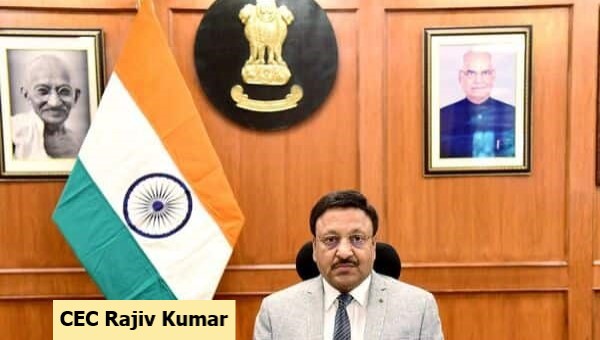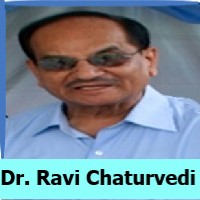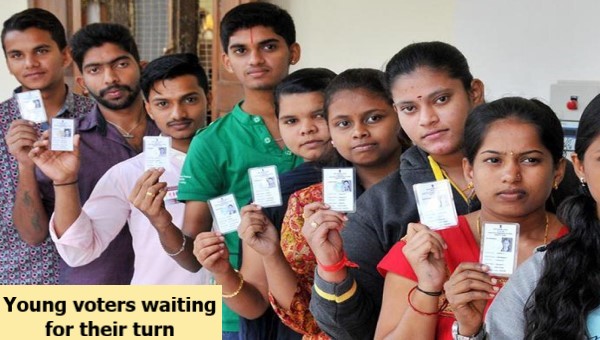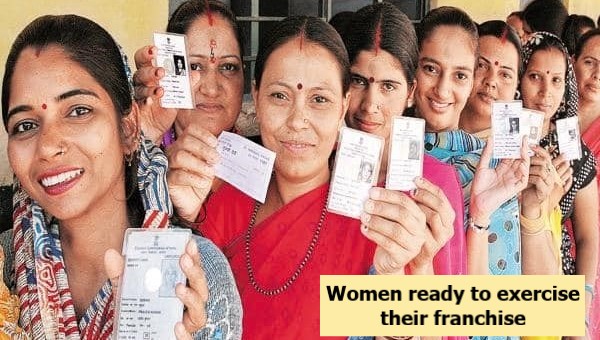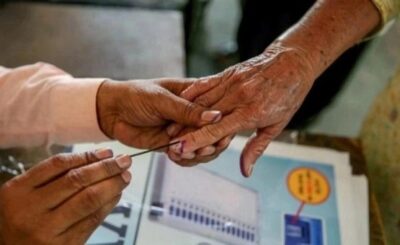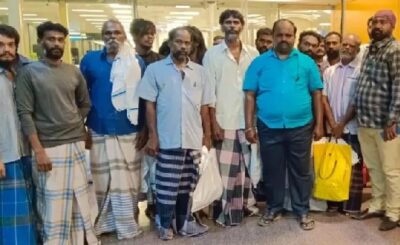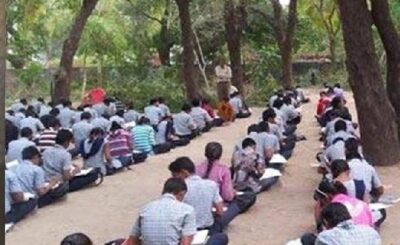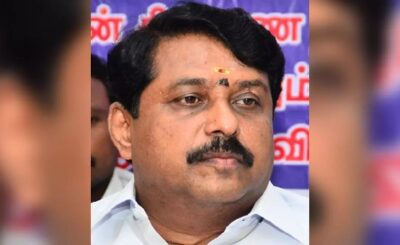Henry Ford, the esteemed founder of Ford Motor Company, once articulated, “Coming together is a beginning; keeping together is progress; working together is success.” This aphorism, embodying the essence of collaborative effort, appears to resonate profoundly with Rajiv Kumar, the Chief Election Commissioner (CEC) of India.
Kumar, a sagacious administrator with a plethora of achievements to his credit, faces the formidable challenge of overseeing the upcoming Lok Sabha elections. This electoral task assumes a daunting nature due to the opportunistic tendencies and convenience-seeking behaviours of political parties, especially when confronted with electoral rejection. The accusatory fingers inevitably find their target in the Election Commission (EC), and more specifically, the Electronic Voting Machines (EVMs), marking an opportune moment for the EC to become the favoured scapegoat of disoriented political factions.
Rajiv Kumar, however, enjoys a somewhat less burdensome undertaking, thanks to the presence of trusted colleagues such as Anup Chandra Pandey and Arun Goel. Coupled with a well-established machinery and time-tested mechanisms at the headquarters, state levels, and even in remote areas, Kumar is poised to confront the challenge.
Upon assuming the role of CEC, Kumar expressed his honour in leading one of the finest institutions bestowed by the Indian Constitution, an institution integral to fortifying democracy. Acknowledging the Electoral Commission of India’s (ECI) commendable efforts over the last seventy years in ensuring free and fair elections, maintaining the purity of electoral rolls, preventing malpractices, and elevating the quality of elections, he affirmed the commission’s commitment to democratic methods, consultations, and consensus-building in implementing major reforms.
With a science background, Kumar recognises the pivotal role of technology, emphasising its utilisation as a primary tool for simplifying processes, ensuring transparency, and enhancing voter services for effective election management.
Having been a part of the Election Commission since September 1, 2020, Kumar’s tenure as Election Commissioner has witnessed elections in various states, demonstrating his adeptness in navigating the intricacies of the electoral process.
Beyond his role as an election administrator, Kumar’s illustrious career spans over 37 years of service across government ministries, encompassing diverse sectors such as social services, environment and forests, human resources, finance, and banking. This wealth of experience renders him a multifaceted individual with a myriad of accomplishments.
Born on February 19, 1960, Kumar’s commitment to knowledge and learning is evident in his sound academic achievements, including degrees in BSc, LLB, PGDM, and a master’s in public policy from the TERI School of Advanced Studies.
His noteworthy contributions as Joint Secretary in the Tribal Affairs Ministry, Director for the Central Board of Reserve Bank of India, and Finance Secretary, particularly in streamlining the National Pension System (NPS), reflect his dedication to public service.
Kumar’s commitment to democracy and electoral processes is further demonstrated by his hands-on approach in assessing polling requirements in remote areas, such as the Dumak village in Chamoli district, Uttarakhand.
Deeply rooted in human values, Kumar has extended personal gestures, such as expressing gratitude to the family of Shyam Saran Negi, the first voter of independent India, and sending letters of thanks to centenarian voters across the country.
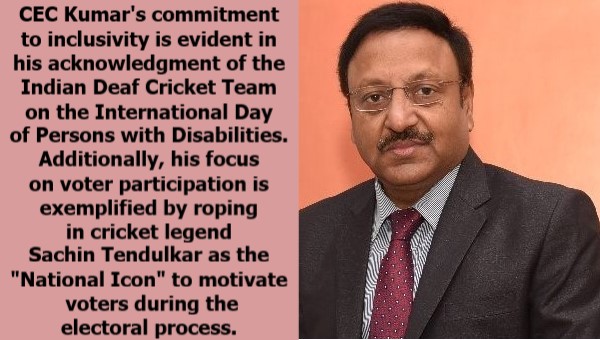
Under his leadership, the Election Commission has successfully conducted the high-profile 16th Presidential and Vice Presidential Elections in 2022. Moreover, Kumar’s initiatives include organizing international conferences with Mauritius, Greece, and international institutions, chairing the Board of the Association of World Election Bodies in Cape Town, South Africa, and internationally recognising the credibility of the Election Commission of India.
In conclusion, Rajiv Kumar’s tenure as Chief Election Commissioner reflects a blend of administrative acumen, dedication to democratic principles, and a commitment to fostering inclusive and accessible electoral processes. His leadership has not only navigated the challenges posed by elections but has also contributed to the international recognition of the Election Commission of India. To borrow the words of Canadian writer Robin Sharma, Kumar seems to approach challenges with the perspective that “All change is hard at first, messy in the middle and gorgeous at the end.”
See also:
World Radio Day: Offshoot All India Radio
Patiala Maharaja Bhupinder Singh’s assets & liabilities


